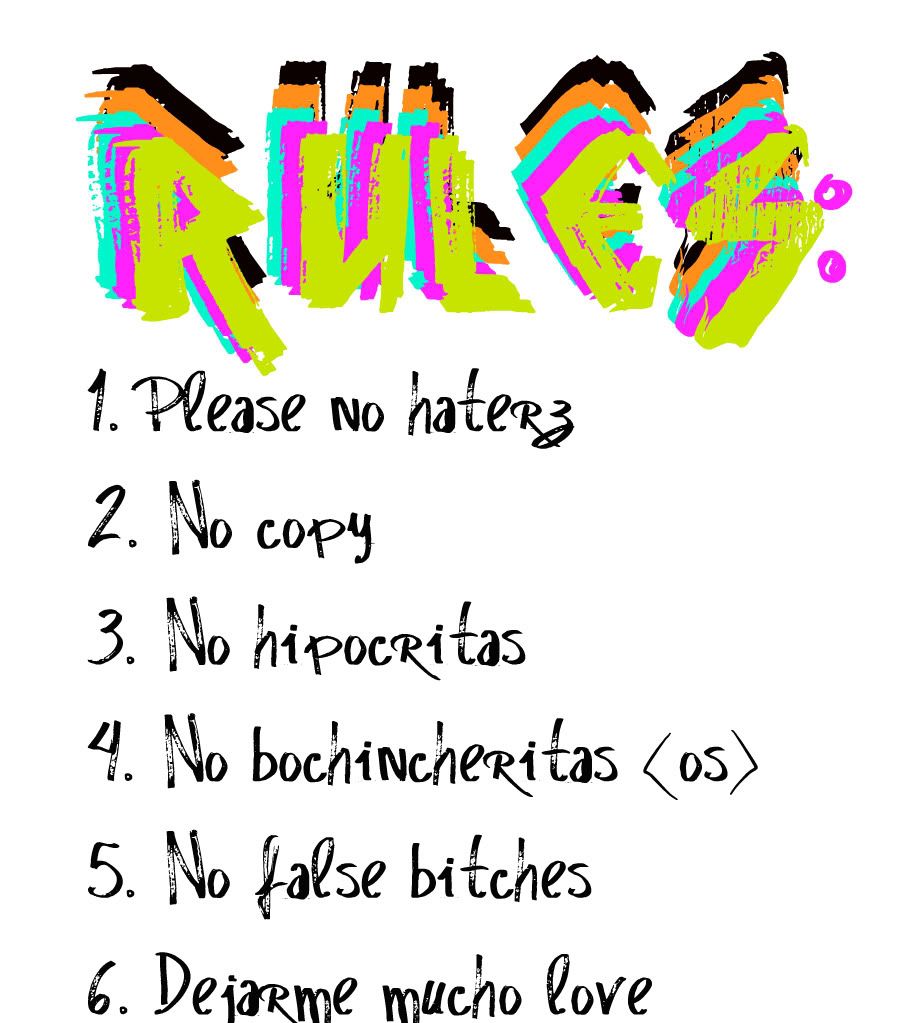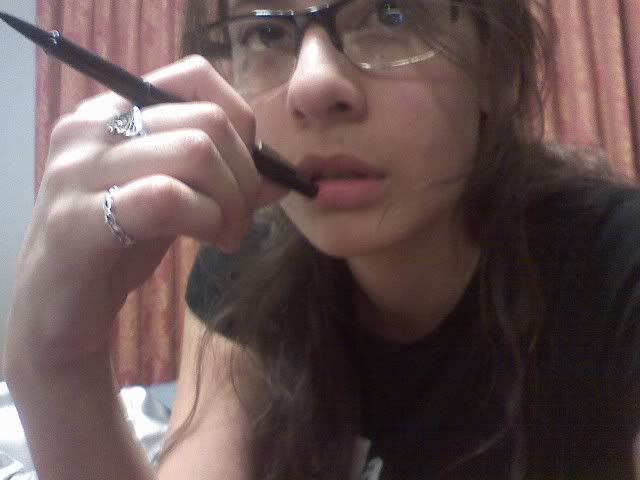Never mind the Joy of Sex (I'm too old for that now anyway), have you treated yourself to the Joy of Editing?
Yes, I'm going to stand up and admit it. I love editing. Especially when it's done without any time pressure, it can be as good as luxurious lovemaking - well, maybe not, but the satisfaction that comes of reshaping something competent into something much better is hard to beat.
But I realise it's an acquired taste. I'm linking to Nicola Morgan's latest post about this because I could try and rip off her idea but she says it much better and besides it's too hot to work hard today. Must get back to my editing...
Wednesday, 29 July 2009
Friday, 24 July 2009
The End: So near but so far...
I'm now about 77k words into my major revision and the End Is In Sight. It's looking like it'll end up about 85-90k. But here's the weird thing. I've got a lot of distractions at the moment; all of the family have been home for the past fortnight so never a minute's peace. But in spite of that I've managed to rattle through between 1000 and 2000 words a day. I've never been more motivated because I really want to get this puppy finished if only so I can lay down in a dark room and never type another word. But the more I really want it finished, the harder it seems to be to get down to it. I've noticed this before. The End becomes one magnet and I become the other, mutually repelling each other.
I don't understand this. But over the last two days I've cleaned and reorganised my kitchen - for the first time in six years - so something drastic is obviously going on. I suppose finishing it means I have to send it out and perhaps I'm happier in limbo, wondering what Might Have Been?
Ah well. I'm not about to succumb to this tendency, you'll be relieved to hear. It just makes the process that bit harder.
I don't understand this. But over the last two days I've cleaned and reorganised my kitchen - for the first time in six years - so something drastic is obviously going on. I suppose finishing it means I have to send it out and perhaps I'm happier in limbo, wondering what Might Have Been?
Ah well. I'm not about to succumb to this tendency, you'll be relieved to hear. It just makes the process that bit harder.
Saturday, 18 July 2009
The Rules and why you should ignore them

I read a lot of blogs by writers and editors, not to mention writers' forums. In this isolated life it's a good way to feel connected and as long as you let it all slide off your back does no harm at all. (Note: this isn't true of everybody - some people can't join a website without ending up in a fight with someone and seem to thrive on it. But I've always believed arguing on the internet is a bit like taking part in the Special Olympics; even if you win you're still mentally challenged.)
One thing bloggers seem to be particularly fond of is preaching about the Rules; particularly published writers and editors who see it as their mission to educated the Ignorant Unpublished. Not only is this arrogant in the extreme it's pretty self defeating. No one likes to be preached at, so all it's likely to do is reduce your readership. Those who care about getting it right will find their own way, the rest aren't serious and won't take it to heart anyway.
But who's to say what the Rules are? The adverb debate continues to rage on various writers' boards and blogs. This is such a circular argument it astonishes me how many intelligent individuals keep getting drawn into it. And at heart all it reveals is their own gargantuan ego: Do it my way, everything else is wrong. Yes, I know J K Rowling has adverbs but she's published and therefore a Great Writer and exempt from the Rules which only apply to lesser mortals like YOU.
The sad part is they alone are blind to it.
I watched Tracy Baines' brilliant interview with Agent Peter Cox this week and was struck by something pertinent that he said in the last segment about passion being the only thing that really matters. People get too bogged down, nitpicking over the Rules and ticking the boxes, they lose sight of the bigger picture.
I agree with this view. Your story should move the reader, transport them to another time and place, let them see and feel what the characters are living. Nobody picks up a book to count how many adverbs are in it. If the use of language supports the story, it doesn't matter how long/short it is, how many adverbs it has, how many full stops or semi-colons or anything. No one gives a shit. Make them forget their own lives for half an hour and you're winning. Reading is entertainment, after all.
Saturday, 11 July 2009
Should money flow to the writer?
Money should flow to the writer.
This is a phrase I've seen used a lot on various writers' boards. Usually it comes up in response to a query about using editorial services or scam publishers. The first time I saw it I thought "Damn Right! Give me the money!" but as with all things I've come to realise it's not the coverall mantra for every situation I first thought it was.
The trouble with these stock responses is they can blinker you into a mindset that doesn't help you in the longterm. Of course I want the money to flow to the writer. Who wouldn't? But the hard reality is money will only flow towards you if you have something to sell. And until you reach that heady peak of perfection everything has to be seen as a learning curve. You wouldn't refuse to pay for a university education on the basis that money should flow towards you even if you had no skills to offer, would you? So it's the same with writing. Until you learn enough to sell your work you have to be prepared to pay for the education you receive.
Now, I've got nothing against peer review groups. If you're lucky you can pick up some great tips from them as well as gauge reaction to your work. But to say they provide all the training you require to become a publishable writer is naive. Over the years I have spent hundreds of pounds on writers' courses and books to research and learn this craft and I still don't think I know it all. To believe you can get all that for free from a few well meaning amateurs on a website is dooming yourself to failure.
What I'm saying is, Yes, Money Should Flow To The Writer - but only once you have earned that title by producing something someone will buy. Until then, be prepared to pay for your education.
This is a phrase I've seen used a lot on various writers' boards. Usually it comes up in response to a query about using editorial services or scam publishers. The first time I saw it I thought "Damn Right! Give me the money!" but as with all things I've come to realise it's not the coverall mantra for every situation I first thought it was.
The trouble with these stock responses is they can blinker you into a mindset that doesn't help you in the longterm. Of course I want the money to flow to the writer. Who wouldn't? But the hard reality is money will only flow towards you if you have something to sell. And until you reach that heady peak of perfection everything has to be seen as a learning curve. You wouldn't refuse to pay for a university education on the basis that money should flow towards you even if you had no skills to offer, would you? So it's the same with writing. Until you learn enough to sell your work you have to be prepared to pay for the education you receive.
Now, I've got nothing against peer review groups. If you're lucky you can pick up some great tips from them as well as gauge reaction to your work. But to say they provide all the training you require to become a publishable writer is naive. Over the years I have spent hundreds of pounds on writers' courses and books to research and learn this craft and I still don't think I know it all. To believe you can get all that for free from a few well meaning amateurs on a website is dooming yourself to failure.
What I'm saying is, Yes, Money Should Flow To The Writer - but only once you have earned that title by producing something someone will buy. Until then, be prepared to pay for your education.
Sunday, 5 July 2009
Writer's Block

Does Writer's Block really exist?
My son Mike is home from Uni and after a couple of weeks recovering from flu (swine or not it floored him) and getting his breath back he's now on the job hunt. One thing he has to do is prepare a showreel of his work to put in with his CV.
No problem, you'd think. But he suddenly feels so blocked he can't get started.
Hence the question. What is the creative block exactly and why do we find ourselves crippled by it just when we need to go full steam ahead?
Well, I think a lot of times it's fear. I've experienced the same thing - usually when I come to the end of the mandatory research period and the time comes to start writing. On my first project I'd been researching the subject for years and had imagined the shape of the book for a long time, so you'd expect it to be a cinch. Yet, it was the hardest one to start. And I think there's a connection there. If you have invested a lot of time in the preparation you are going to feel more than a bit anxious the prose won't do your effort justice. And because it was my first attempt, I literally didn't know where to start.
One thing I'm currently learning from the revision process is not to be so precious at the start of the writing because I now know in all likelihood those first few chapters I worried so much about will end up in the bin anyway. This is a very liberating discovery. Nothing is so important it should be sweated over. Get it wrong, by all means, but you must GET IT WRITTEN!
But of course job hunting brings a whole new level of anxiety to the equation, so all I can do is give motherly encouragement and wish him the best of luck!
Subscribe to:
Comments (Atom)